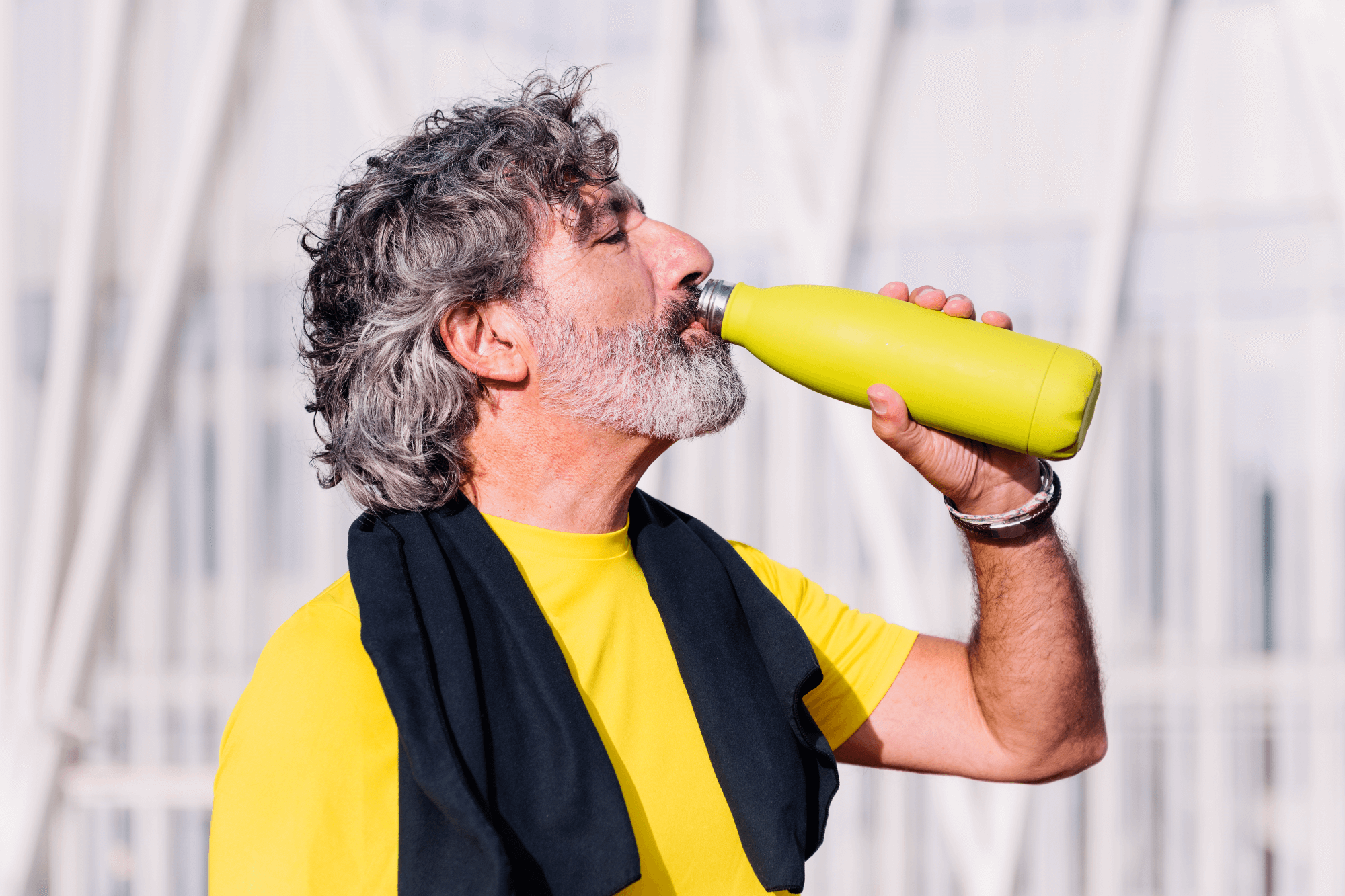A Generational Focus – Gen Z and Millennials
The paradigm of aging has shifted from solely focusing on middle-aged and elderly consumers worried about cardiovascular, bone, joint, and brain health to a new focus on proactive, healthy aging among younger demographics focused on prioritizing all aspects of physical and mental health. Rather than waiting until later stages of life to address health concerns, younger consumers are taking charge of their well-being now. This shift reflects a broader cultural trend towards proactive self-care and a desire to optimize health at every stage of life.
In Glanbia Nutritional’s Attitude & Usage Study focused on health and wellness, 38% of Gen Z consumers stated they believe in embracing the aging process and growing older gracefully with 35% of Millennial consumers sharing the same sentiment.2 This attitude of embracing vs. fighting the aging process correlates with health and wellness taking top priority for the two younger cohorts. In the same survey, 39% of Gen Z and 58% of Millennials reported health and wellness being their top priority. Gen Z and Millennials are specifically focused on behaviors that will improve and maintain their physical and mental health, reducing and keeping stress levels under control, and ensuring proper amount of quality sleep.2
These younger generations are rewriting the playbook on aging by prioritizing their health in a variety of ways. From physical activity, mindful eating, and mental wellness to challenging beauty standards and embracing self-love, they aim not just to prolong life but to enhance its quality, ensuring they grow older with vitality and resilience.
Key Aging Factors for Consumers – Physical Health, Emotional Wellbeing, and Cognitive Clarity
With a variety of health factors to focus on as consumers move throughout stages of their life, both physical and mental health continue to be at the top of the priority list for all generations. Consumers are understanding the positive impact nourishing both physical and mental health can have on quality of life and longevity. These areas of focus are multi-faceted and consumers are adopting holistic approaches to fully support their overall well-being through every step of life’s journey.
In Innova’s Trends Insider, Gen Z, Millennials, and Gen X consumers all cited staying physically active as the most important aspect of healthy aging.1 Physical health not only encompasses physical activity and exercise but also more measurable physical health markers like cardiovascular health and weight management that can be affected by physical exercise. Almost half of Americans say they are currently trying to lose weight - a major motivation for incorporating physical exercise into daily habits and routines. Other motivations for incorporating physical exercise into daily life include stress reduction, supporting heart health, maintaining/building muscle, and increasing overall fitness levels.2
In addition to physical health, consumers across all age groups are recognizing the vital importance of prioritizing mental health and emotional wellbeing. From Gen Z to Boomers, there’s a growing understanding that mental/emotional wellbeing is just as crucial as physical health. Twenty-five percent of consumers aged 18-35 are currently suffering from stress & anxiety.2 When looking at reported stress levels throughout multiple life stages, it’s clear that the most stressful times tend to occur between 20 and 50 years old with levels trending down after that point.2 To nurture their mental and emotional health, individuals are including various behaviors into their daily routines. Activities like meditation and yoga can support relaxation and stress reduction while focusing on setting boundaries, creating work-life balance, and even seeking therapy can be proactive steps towards emotional wellness.
Although not as strong of a focus among younger generations, a key part of healthy aging for older generations is cognitive clarity and overall brain function. As of 2023, approximately 55 million people worldwide were estimated to be living with dementia according to The World Health Organization.3 When it comes to long-term cognitive health, small changes may make a big difference. Activities and behaviors that support overall physical and mental wellbeing also help to promote brain health as individuals get older. Things like physical exercise, incorporating healthy foods into the diet, staying connected socially and managing stress can all have a positive impact on an individual’s cognitive abilities. Additionally, being intellectually engaged may also benefit the brain. Some scientists have argued that activities such as reading, completing puzzles, playing games, volunteering, and continuing to learn new things may help the brain remain more adaptable and flexible as age-related brain changes occur.4
Consumers have many different health priorities as they progress through different life stages but as they think about aging, all generations are prioritizing different aspects of mental and physical health in a variety of ways.














